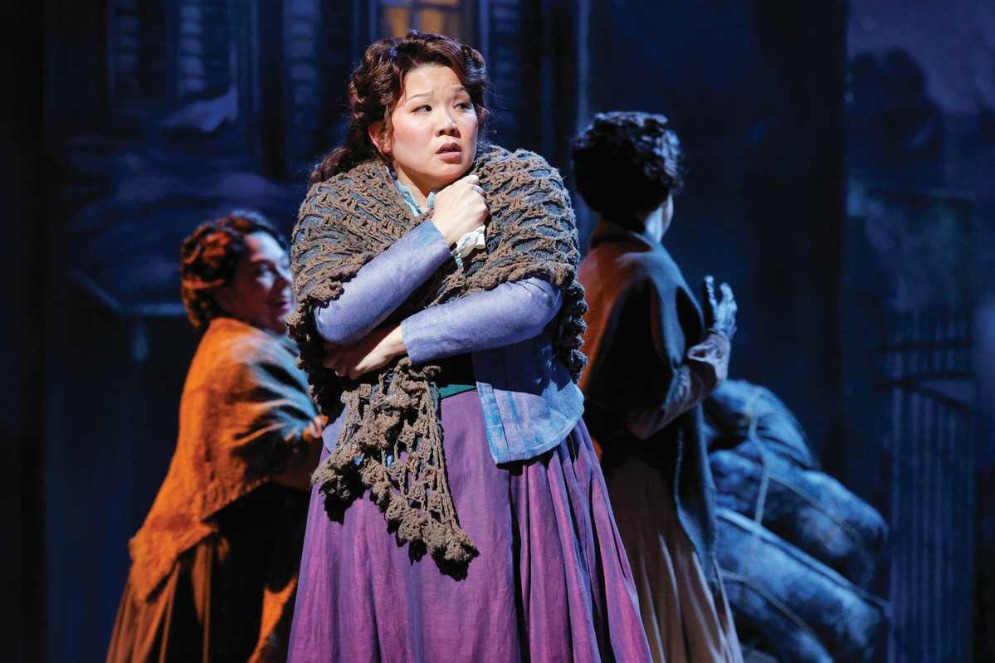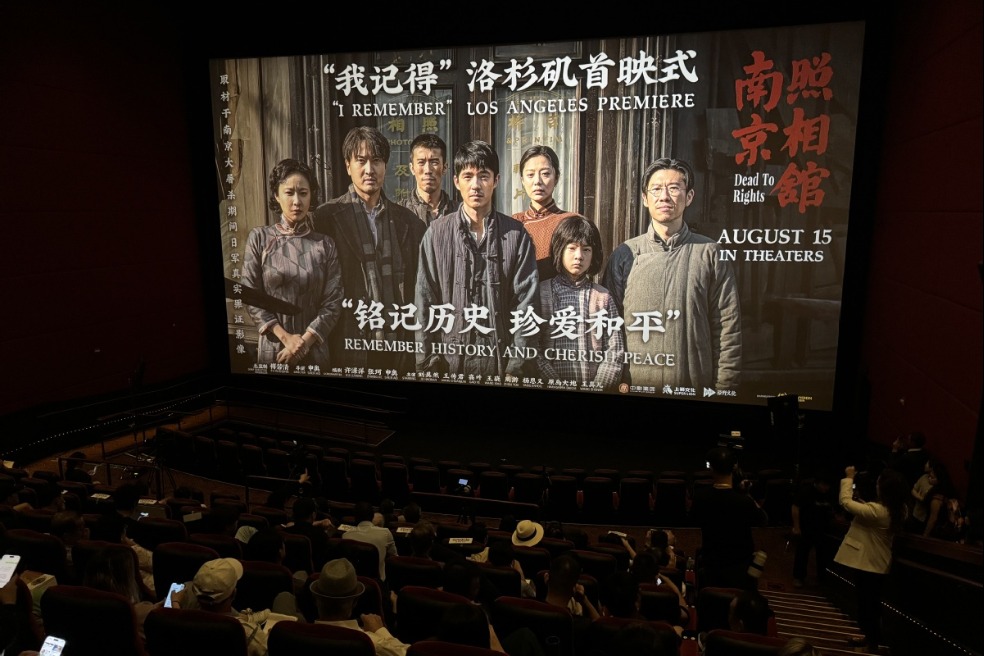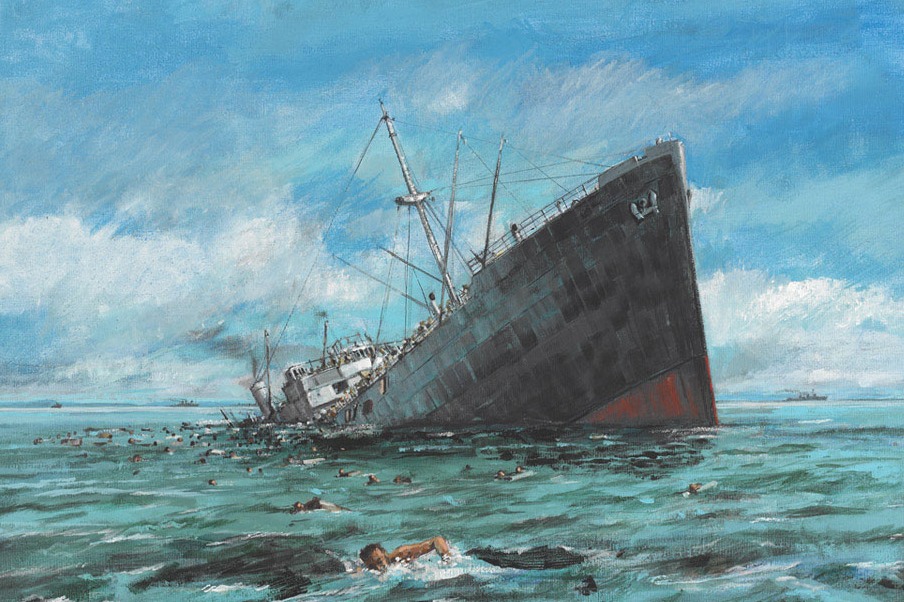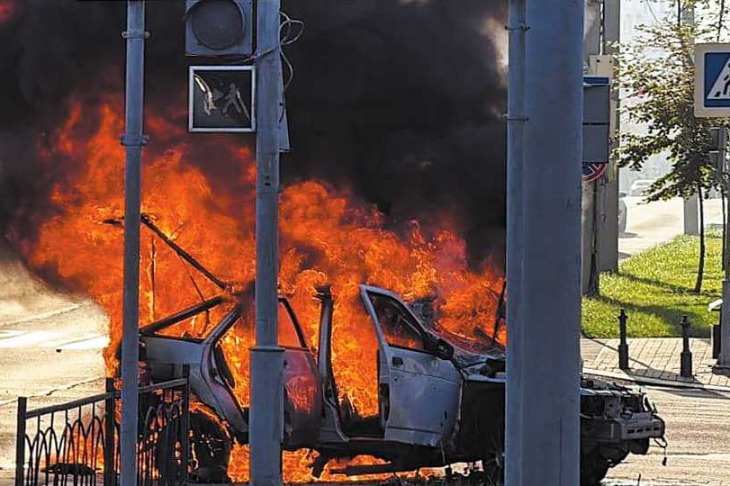LA audience shocked by Nanjing massacre


With the theme "Remember history, cherish peace," the Chinese historical drama Dead to Rights made its Los Angeles debut on Monday, drawing local residents, artists, scholars and officials for an advance screening.
The premiere comes as 2025 marks the 80th anniversary of the end of World War II and the Chinese People's War of Resistance Against Japanese Aggression (1931-45). Against this backdrop, the film revisits one of the darkest chapters of that period: the Nanjing Massacre.
"This movie is about a lesson of history that the Chinese people suffered 88 years ago," said Huang Hongjiang, deputy consul general of China in Los Angeles. "You will also learn about the atrocity committed by the Japanese aggressors, their aggression, occupation, oppression and militarism. I cannot find the words to fully describe it."
Set in 1937 in Nanjing, which at the time was the capital of the Republic of China, the film follows a group of civilians who take shelter in a photography studio. While struggling to survive, they assist a Japanese military photographer in developing film, but soon discover graphic images of atrocities. Risking their lives, they preserve the negatives as evidence of Japanese war crimes.
The storyline draws from documented history, in particular the real-life Huadong Photo Studio in Nanjing, where apprentice Luo Jin uncovered and safeguarded photographic negatives later used as key evidence at the Nanjing War Crimes Tribunal.
The LA premiere elicited strong emotional responses from the audience.
"It was a powerful film. I think it hits the human heartstrings and dramatizes a really serious piece of history that we do need to remember and reflect on," Henry Jenkins, a media scholar and professor at the University of Southern California, told China Daily.
Los Angeles resident and film lover Joseph Hampton praised the film for making history relevant and immediate.
"It's a very important film because it's bringing a tragedy and a horror from the past that's too easy to see as distant history," he told China Daily. "By showing the people in the studio, their life stories, the sacrifices they made and the price they paid to preserve the photographs, it brings the events to life and forces you to confront them."
Hampton said the Chinese civilians' choice to risk their lives to preserve the photographic evidence was portrayed as an extraordinary act that altered history.
"When we watch this in the United States, in France, anywhere, we have to think, could we make such a decision? It's not easy, and the movie makes you confront that," he said, noting the "beautiful, subtle piano music" that contrasted with the chaos of violence, underscoring the enduring presence of humanity even amid horror.
From 1931 to 1945, Japan's acts of aggression across China left an estimated 35 million civilians and soldiers dead. The Nanjing Massacre, beginning in December 1937, remains one of the worst atrocities of that period, with more than 300,000 civilians and disarmed soldiers killed and countless women raped.
"This film shows there's a madness in people that, if unchecked, can grow into horrific atrocities," Bob Underwood, a writer and producer, told China Daily. "It's important to recognize both the good and the bad from our past, so we can prevent history from repeating itself."
Veteran network correspondent Sean Callebs called the film a compelling portrayal of atrocities, drawing comparisons to Schindler's List.
"I really hope this film is screened not just in the United States but globally. Everybody should have the chance to see this history," Callebs told China Daily.
For actress Hope Inchiostro, the premiere was an introduction to a largely unknown history. "I had no idea before coming to this movie about the Nanjing Massacre," she told China Daily. "The film told a horrific story about humans behaving like monsters, very ugly, but it's important to know."
Studies show that many young people in the West cannot name key battles, atrocities, or even the major theaters of World War II, especially in Asia. In some countries, coverage of the Pacific War has nearly disappeared from textbooks. In this context, Dead to Rights is both a historical reckoning and a timely reminder of the dangers of forgetting.
Following its Aug 7 premieres in Australia and New Zealand, the film will be released in the United States and Canada on Aug 15 and will later reach global streaming platforms.
renali@chinadailyusa.com

































